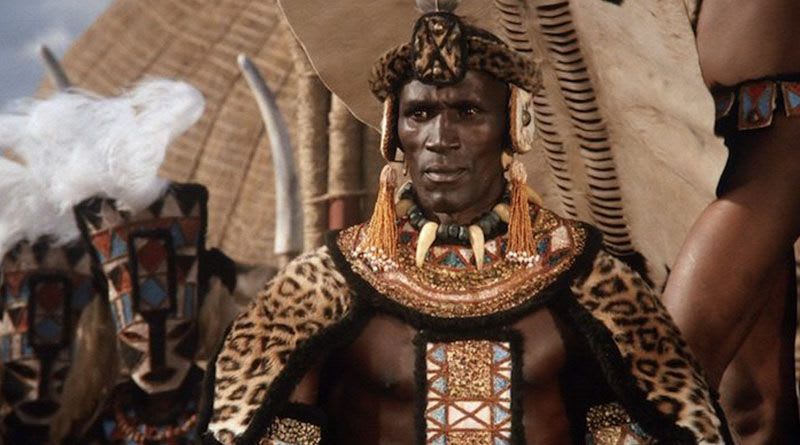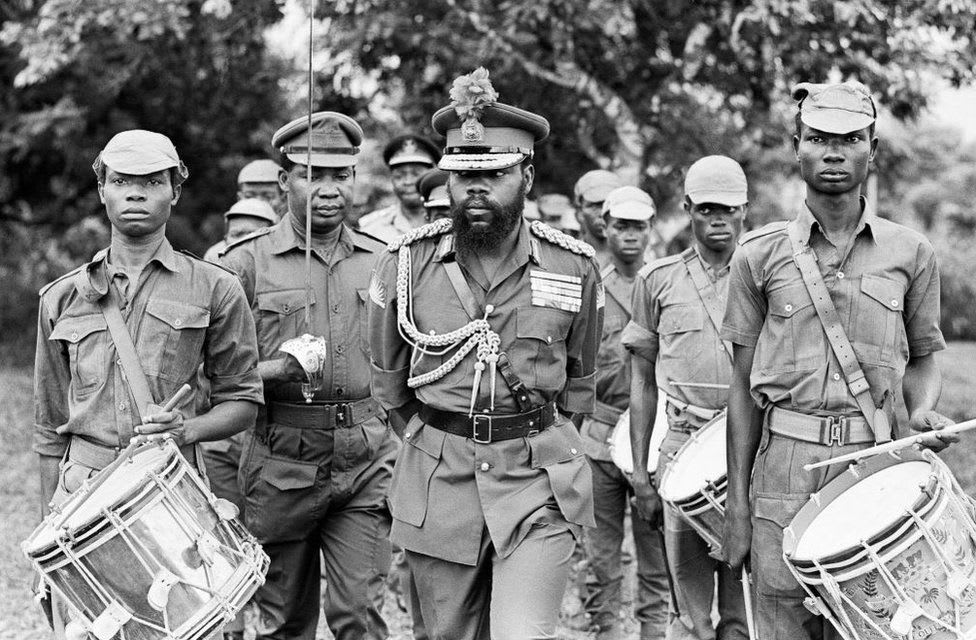Although they started as slaves shipped from Africa, these rulers rose to become powerful and respected kings in India. For the huge contribution they made to Indian civilization, they deserve to be recorded in history.
Most Indians still ask these kinds of questions: "How did Africans come to India and become kings?" Africans were shipped to India as slaves by the Arabs and Ottomans in the 16th century, later followed by the Portuguese and Dutch in the 17th century.
However, there was a difference between African slavery in Europe and that in India. African slaves in India ascended the Indian social ladder as compared to slaves in Europe and America who worked on plantations. African slaves in India were physically fit and served in the military.
Most African slaves in India were elite military personnel, prized for their physical prowess and used only for political purposes by their masters. African slaves gained access to political secrets because of their status and closeness to power which they used to become kings in their own right to rule over many parts of India.
Below, we look at four African kings and leaders who rose from being slaves to ruling parts of India and contributing to Indian civilization.
The Compassionate King, Malik Andil Khan, Sultan (1487AD)
King Malik’s rise to power began by usurping the throne of another black King, Shahzada Khoja Barbak, in 1487. Shahzada and King Malik are credited with establishment of black power Bengal Kingdom.
Despite his violent climb to power, Malik proved to be a smart and kind ruler. He kept his subjects in peace and comfort. He was unrivaled in his kindness and bestowed on the needy the treasures and largess of past sovereigns, who had hoarded the same with considerable labour and pains.
In Gaur province, people can still see a mosque, a tower, and a reservoir erected by King Malik. The people of India continue to benefit from the legacy of this Black King.
Malik Sarwar — ‘King Of The East’ (1394AD)
Malik Sarwar belonged to the Habashi ethnic group, and began his climb to prominence as the Governor of Jaunpur, a province near Delhi. His virtue and faithfulness earned him the title of Malik-us-Shark, which translates to "King of the East."
To establish his authority as a self-governing king, Malik declared himself and his province independent. When villages revolted against him, he renamed himself King and conducted a series of wars to restore order. He put down rebellions and annexed a number of cities.
Other Indian powers, such as the Rai of Jajnagar and the king of Lakhnauti, feared and respected him as a strong military leader and administrator, and gave him elephants and weaponry as a kind of tribute.
Malik Sarwar's talent established the groundwork for a prosperous dynasty that lasted nearly a century. He and his successors are known in Indian history as the Sharqi Kings, and their ancestry was passed down through generations.
The Sharki Kings continued Malik Sarwar's legacy by bringing in a lengthy period of peace and prosperity. Jaunpur province saw a century of great achievements in art, architecture, education, trade, and commerce during the reign of these Black Kings.
General Malik Ambar (1607 AD)
The legendary Malik Ambar, who lived from 1550 to 1626 AD, was one of the most well-known Indo-Africans. His real name was Shambu, and he was born in Harar, Ethiopia. After his arrival in India, Malik assembled a formidable army and achieved tremendous dominance in the west Indian province of Ahmadnagar.
In 1590, General Ambar established his own mercenary army of 1500 African, Arab, and Dakani soldiers. He was an outstanding diplomat, strategist, and became a member of the state of Ahmadnagar after appointing himself regent minister.
Ambar promoted ethnic minorities to significant positions and instituted financial, educational, and agricultural reforms. He also gathered a 60,000 horse army and successfully repelled the Moguls for the following 20 years, and his province was not conquered till after his death.
Yaqut, Jamal al-Din —The Amir of Amirs in 1236 AD
Jamal's ascent to power began as a habshi, one of Delhi's numerous enslaved East Africans. Because of their power, the royal house of Queen Raziya, the female ruler of Delhi, hired Jamal al-Din Yaqut to rule alongside him. In exchange for his allegiance, the Queen bestowed the title of Amir of Amirs on Jamal, as she rose to prominence in a male-dominated Aryan culture .
Jamal became very powerful alongside Queen Raziya. However, a Muslim lady on the throne did not sit well with the Indian society in 1200s. Society was also not thrilled with the promotion of black men to positions of power, so they plotted to depose the Queen and her Amir of Amirs.
Conspirators attacked the castle and lynched Jamal al-Din Yaqut while the capitol was unsecured. The Queen was kidnapped, imprisoned, and executed four months later.
These Indo-African kings and military generals improved India. They all rose to become wise men, astute managers, powerful military leaders, and brilliant academics despite racism, enslavement, and oppression. The monarchs, leaders, and wise men named here are only a handful of the figures who impacted black history in India. However, there are many more names that have yet to be uncovered and restored to their original historical locations.









